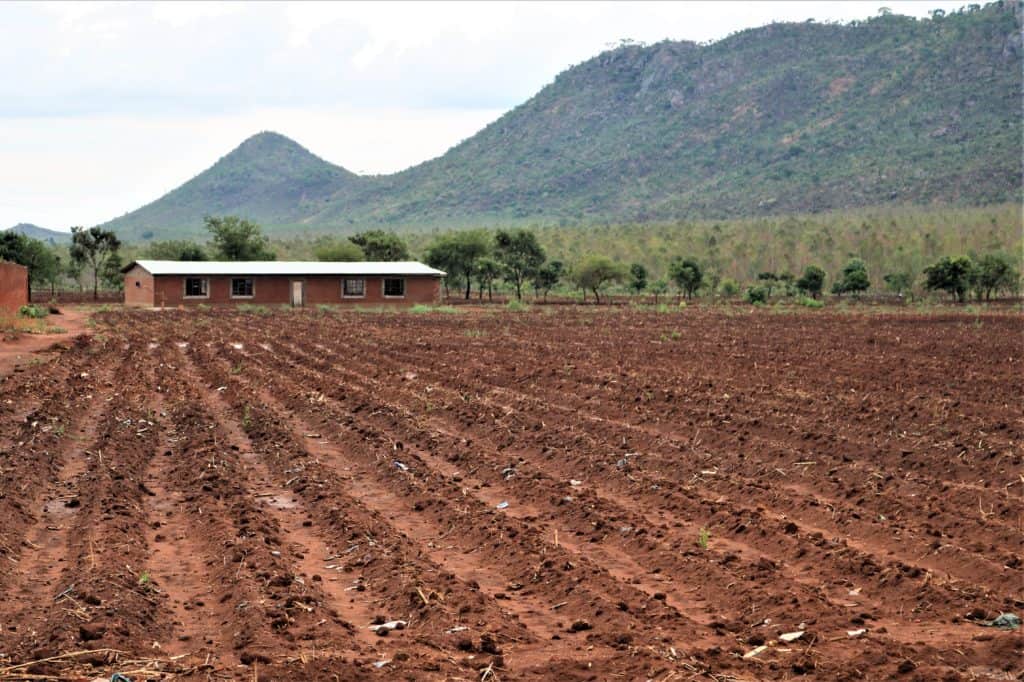The Threat of a Dry Spell in Malawi


Last week, the president of Malawi encouraged 7 days of prayer for an end to the country’s dry spell. So what’s going on? Here’s the scoop.
Seasons in Malawi
It’s the start of January. In the Northern Hemisphere, this means cooler temperatures. Winter. Short and snowy days. But in the Southern Hemisphere, seasons are the opposite. And Malawi is in the tropics. Instead of four seasons, it has two main seasons. Between May and October, Malawi has a cool dry season. Between November and April, a hot wet season. Typically, Malawians plant in November and harvest in early March. But due to climate change, planting rains no longer come until early December. Harvest now starts in mid-March. And this year is different.
Impact of Weather in Malawi
Most Malawians rely on subsistence farming to feed their families. Meanwhile, Malawi is especially vulnerable to extreme weather events. This puts families at risk of low crop yields. Low crop yields lead to famine, undernourishment, and even starvation. In the past 50 years, Malawi has had more than 19 major floods and 7 droughts. Over the years, these events have increased in scope and magnitude. As the climate continues to change, Malawi’s communities are at great risk.
Current Events in Kasese
A heatwave and dry spell are affecting Orant’s operations area. Rains have been on and off, which is worrisome for planting. And even more worrisome for food supply.
“Three-quarters of farmers around Kasese have not yet planted their fields,” says Gracious Msimuko, Orant’s Agriculture Program Manager. “The change in planting dates means we will have a long lean season. If people can’t plant until late January, their crops likely won’t reach full maturation. Communities are anticipating famine.”
Elsewhere in Malawi, heavy rains have washed away houses and fields.
Orant’s Response
Orant’s Agriculture Program is encouraging farmers to irrigate their fields. Irrigation is far more feasible for farms along the Bua and Kasangadzi Rivers. For those who live farther from the waterways, the threat is largest.
“I only kept food to sustain my family up to early March,” says Cellina Samson, a farmer in Kasese. “I expected that by then, harvests would be ready. But now, I haven’t been able to plant my fields. My harvest will be late. My family will need extra food to get us through.”
Orant tries to prepare for the lean season every year. Our Agriculture Program stores extra maize. In February, we distribute this relief food to the most in need.

